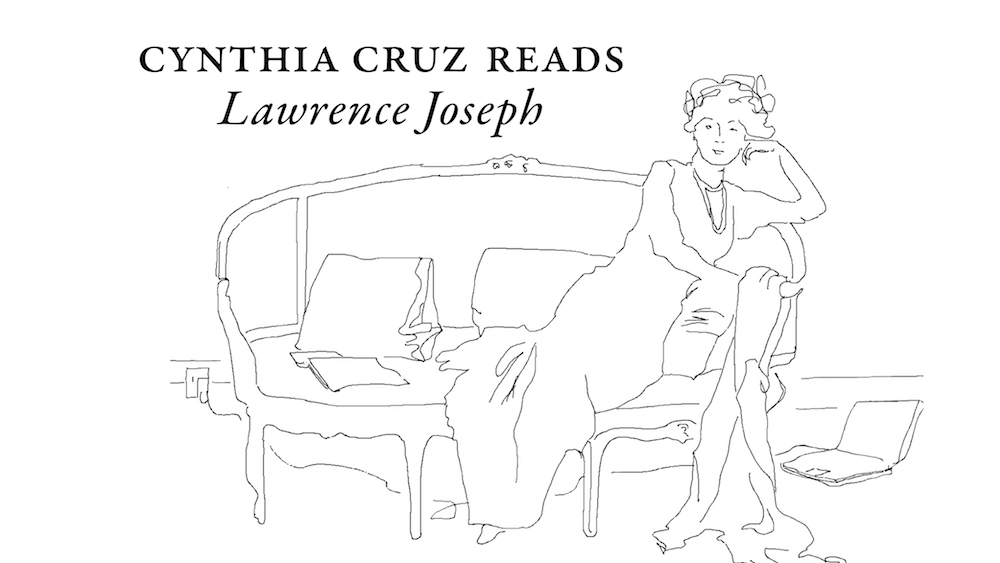In our new series of videograms, poets read and discuss the poems getting them through these strange times—broadcasting straight from their couches to yours. These readings bring intimacy into our spaces of isolation, both through the affinity of poetry and through the warmth of being able to speak to each other across the distances.
“BODY. HISTORY. EVIL. GOD. HUMAN”
by Lawrence Jospeph
Issue no. 229 (Summer 2019)
i.
So it is, the chaos
contractedin an unfolding scene
in five sentences:Body. History. Evil. God. Human.
ii.
But what ideas,
in what facts? Inside the sunthe heat is sucking
the soil’s moisture,a blue-and-red
Diet Pepsi logo is imprintedon a lobster’s claw,
flashes of lightning, steady rainscomplicating the identification
of bodiescharred
to bones,Town of Paradise a fire zone,
anywhere is everywhere.
And in another intensity the Great
Migrations of Peoples,ecocidal petro-
capitalist qualitativedestruction,
every cubic meterof the planet’s air,
inch of its surface,drop of water,
affected;and, now,
endlesswars,
and proliferating sorrows.
Cynthia Cruz is the author of five collections of poems including Dregs (2018). In spring of 2019, her first collection of essays, Disquieting:Essays on Silence, was published.
from The Paris Review https://ift.tt/3ajOQiy

Comments
Post a Comment